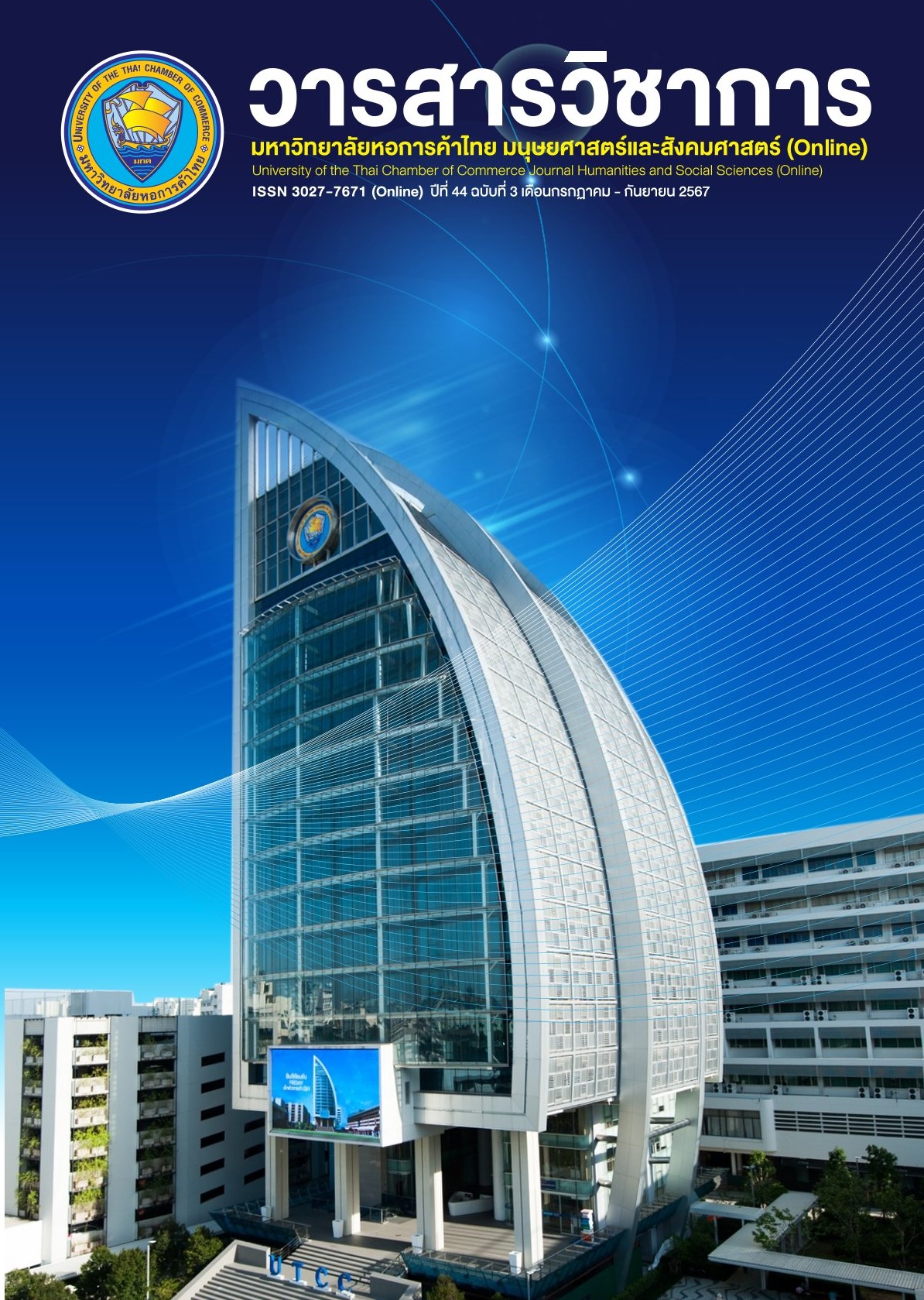An Analysis of legal Measures on Trade Secrets in Thailand compared to Foreign Laws: A Case Study of Muang Phet Thai Custard Product
Main Article Content
Abstract
The recipes of Muang Phet Thai custard and other Thai food products are traditional knowledge of the Thai people which remains a trade secret and undisclosed information under Article 39.2(b) of the TRIPS Agreement. The food product recipes are protected under Article 3 of the Trade Secrets Act B.E. 2545 of Thailand and the legal measures for trade secrets of the TRIPs member states. However, the TRIPS Agreement is based on the principle of minimum standards. Therefore, the TRIPs member states have promulgated different legal measures for trade secrets in each state. Thailand should continue using the Trade Secrets Act B.E. 2545 (sui generis) to protect the commercial exploitation and preservation of traditional knowledge in food product recipes. Thailand should further amend this law in some aspects, such as adding technology information to the definition of trade data, enhancing provisions to guarantee the rights of the employees to trade secret, implementing the registration of trade secrets with the Department of Intellectual Property, and enhancing administrative remedies. With all these amendments, Thailand must comply with the TRIPS Agreement obligations and draw lessons from the experiences of countries selected for studying in their implementation of trade secret law measures
Article Details

This work is licensed under a Creative Commons Attribution-NonCommercial-NoDerivatives 4.0 International License.
ลิขสิทธิ์ของบทความ
ผลงานที่ได้รับการตีพิมพ์ถือเป็นลิขสิทธิ์ของมหาวิทยาลัยหอการค้าไทย ห้ามมิให้นำเนื้อหา ทัศนะ หรือข้อคิดเห็นใด ๆ ของผลงานไปทำซ้ำ ดัดแปลง หรือเผยแพร่ ไม่ว่าทั้งหมดหรือบางส่วนโดยไม่ได้รับอนุญาตเป็นลายลักษณ์อักษรจากมหาวิทยาลัยหอการค้าไทยก่อน
References
Dutfield, G., & Suthersanen, U. (2008). Global intellectual property law. Edward Elgar.
Thai cuisine ranked 1st in 100 best menu in the world. (2023, December 14). Thairath online. https://www.thairath.co.th/lifestyle/food/2747854 [in Thai]
Frankel, T. (2020-2011). The regulation of brokers, dealers, advisers and financial planner. Review of Banking and Financial Law (Boston University School of Law), (30), 123-139. https://www.bu.edu/rbfl/files/2013/09/RegulationOfBrokersDealersAdvisersFinancialPlanners.pdf
Maanratchasevi, Phraya. (2014). Recorded interview with Phrayamaan Ratchasevi (Plod Wichian Na Songkhla). Winyuchon. [in Thai]
Macpherson, C. B. (1978). Property: mainstream and critical position. University of Toronto Press.
Mayka, N. (2009). The principle of the self-determination. https://peaceresourcecollaborative.org/theories/political-structure government/selfdetermination. [in Thai]
Nilprapunt, P. (2015, January 5). Reforming secondary legislation: A tangible reform [Blog post]. http://lawdrafter.blogspot.com/2015/01/blog-post.html [in Thai]
The Observatory of Economic Complexity. (2022). Market concentration (1995-2022). https://oec.world/en/profile/hs/foodstuffs
Pandey, V. (2023, December 5). Protection of traditional knowledge as trade secrets. Mondaq, https://www.mondaq.com/india/patent/279342/protection-of-traditional-knowledge-as-trade-secrets#.
Ran, R., Huang, S., & Williams, R. (2018, January 26). Trade secret law In China: 3 highlights from 2017. Law360, https://www.cov.com//media/files/corporate/publications/2018/01/trade_secret_law_in_china_3_highlights_from_2017.pdf
Ratanakorn, S. (2015). The Thai legal system is Civil Law system or Common Law system. Dunlaphaha, 62(2), 1-11. [in Thai]
Shodikin, D. F., & Sujatmiko, A. (2020). Trade Secrets as a means of protecting the traditional food business. PalArch's Journal of Archaeology, 17(3), 1828-1834
Wongwatthanadej, N. (2015). Imposing the fiduciary duty as supplementary protection mechanism for investor or customer using securities brokerage services in Thailand. UTCC Law Journal, 7(1), 98-114. [in Thai]
World Trade Organization. (2022). Members and observers. https://www.wto.org/english/thewto_e/whatis_e/tif_e/org6_e.htm#:~:text=164%20members%20since%2029%20July%202016%20%2C%20with%20dates%20of%20WTO%20membership.
World Trade Organization. (2023). World trade statistical review 2023. https://www.wto.org/english/res_e/booksp_e/wtsr_2023_e.pdf


